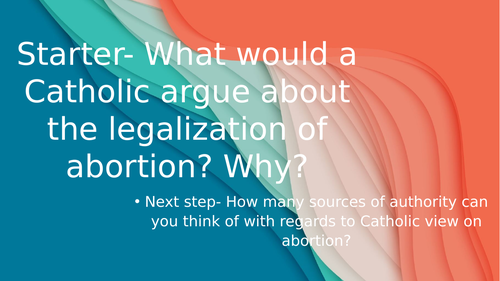Learning With Liz's Shop
Subjects: GCSE Religious Education and AS/A Level Philosophy and Ethics. Aim: Get the lesson content from the student's working memory into the long term memory. How? Consistent retrieval practice; clear structure of the information and colourful resources! Differentiation: Regular challenges tasks to stretch higher ability students but not lose the rest of the class in the process! Preview my resources and brighten up your existential lessons!




















